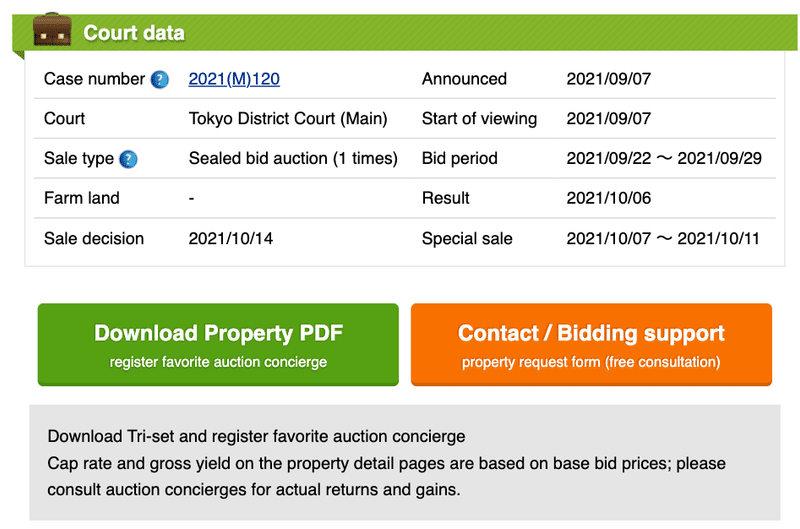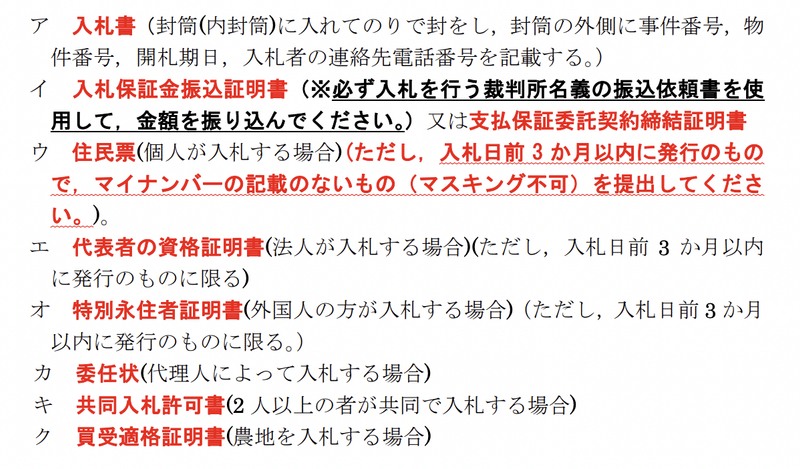
How to Bid & Buy Foreclosed Properties in Tokyo/Japan (2023)
Have you ever got interested in buying a foreclosed property in Tokyo/Japan? But found it very difficult/sketchy due to the limited amount of information available in English? This article summaries the latest (2023) processes/risks involved in buying foreclosed properties and I hope to make the process easier!
Who I am
I am Noah, a professional real-estate consultant with specialities in foreclosed properties and renting for foreigners. I used to run a real-estate company in Tokyo and have helped more than 200 cases of foreclosed properties and renting processes since 2019. I speak fluent English and Japanese and am based in Tokyo, Japan. So what it takes to bid/buy a foreclosed property? Let's take a look!
Overall Process
1. Find a property you are interested in bidding/buying
The first step is to visit 981.jp ,the official website of foreclosed properties in Japan, to find a property you are interested in bidding/buying.

2. Download property reports
When you scroll down the page, you will find a section called "Court data" and download "Property PDF" (Tri-set) to see detailed reports of the property.

Tri-set is about 30 page document that summarizes property situations, conditions, known risk factors, potential risk factors, cap rate, etc. The document is available to anyone who has an account on 981.jp.
3. Investigate Tri-set
After downloading Tri-set, the next step is to investigate the documents and fully understand, especially the property situations and known/potential risk factors.
Here are good examples of questions you ask while investigating
1. Is the property marked with (ケ) or (ヌ) (property involved in a criminal
case)?
2. Does the property have any debts?
3. Does the property right allow living and renting for investment?
4. Does the current owner still live there? (When this is the case, court enforcement procedure will be required)
5. Does the property require any special cleaning, repair, and/or removal?
(This tends to be very expensive)
6. Does the property have any notable records related to land pollution/
harmful chemical materials?
7. Does the property meet the new standards of the construction laws?
4. Bidding Paperwork & Deposit Payment
Once you decide a property you are going to bid, the next step is to work on paperworks for bidding. The required documents can be retrieved at the designated court office and the following documents are usually required to submit (vary by court offices)
1. Bidding Application
2. Deposit Certificate from a bank
3. Residence Certificate
4. Residence Card
5. Background-check documents

The documents need to be submitted at the court office or can be mailed. However, application packets that are mailed cannot be corrected after so it's safe to submit and review with court officers. It's also safe to do so because applications with any mistakes will automatically be removed.
The deposit is 20% of the least sale price and needs to be paid at a bank to obtain deposit certificate that needs to be attached with bidding application.
5. Bidding Day
In 2 weeks from the application deadline, bidding takes place at the court office. Anyone can participate in the bidding or you can also check the results on web later that day. Regardless of onsite or web, the court only announces the highest and second highest bid prices for anonymity.
Q&A
I hope this article makes the complicated process easier to understand and encourages you to bid if you struggle with finding right/updated information in English! Have questions or looking for help with bidding?
Please feel free to contact me at: propjp81@gmail.com
Related posts:
この記事が気に入ったらサポートをしてみませんか?
